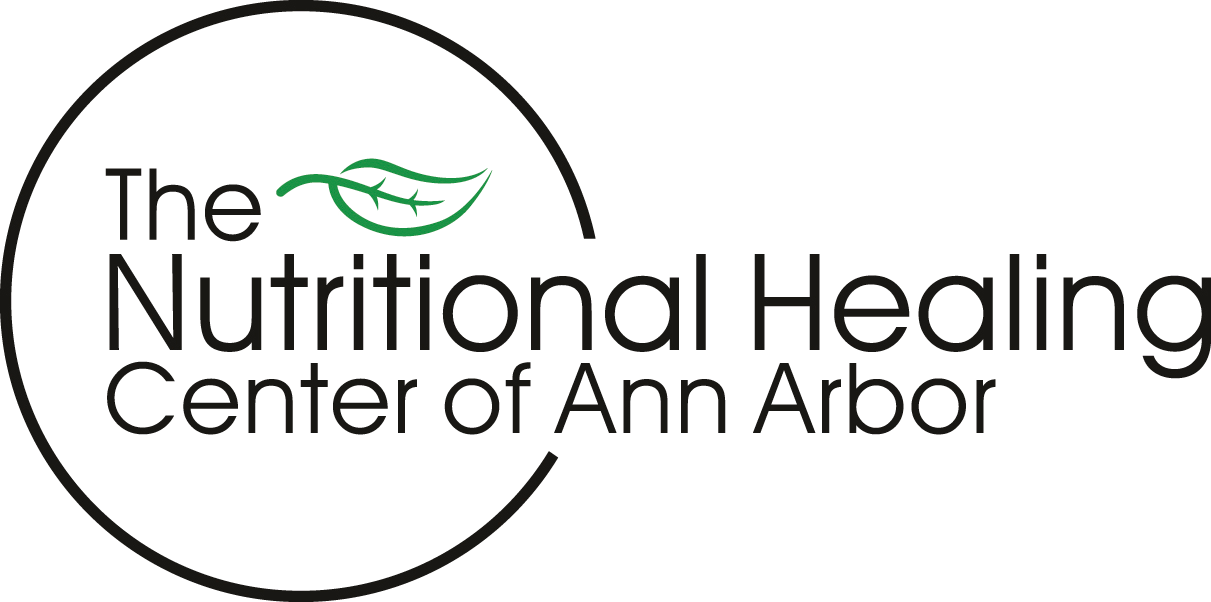Fatigue
by Kristen R. Clore, BS, MOT, OTRL
The Basics of Fatigue
To better understand fatigue, first we must understand that it is experienced for a number of reasons which can include poor nutrition, or a lack of sleep due to insomnia or waking often or early arousal. At times, fatigue may be experienced due to anxiety which may contribute to an inability to get to sleep, lying awake in bed with your mind racing.
Chronic fatigue syndrome is characterized by the following signs of exhaustion: increased physical or mental exertion, problems with sleep, problems with memory, brain fog, dizziness, visual disturbances, sensitivity to light, blurry vision, depression or mood problems including irritability or anxiety, persistent muscle or joint pain, allergies, headaches, tender lymph nodes in the neck or armpit region, sore throat, irritable bowels, chills and night sweats.
How does fatigue start?
Fatigue can begin due to a number of variables, just like the variety in the fatigue symptoms listed above. Fatigue may begin from a traumatic experience, ongoing stress (either physical or mental), poor nutrition or poor sleep.
The core causes of fatigue are the dysfunctions of one or more organs. Here are some examples:
Chronic stress leads to adrenal fatigue. This kind of fatigue is throughout the day and helped temporarily by an afternoon nap.
Fatigue from the heart is a dragging feeling with a heavy body feeling. You have to pull your body and limbs around to get anywhere. Your brain functions well, though.
Thyroid fatigue is all day long and is not helped with a nap. You wake feeling tired always.
A hyper-thyroid fatigue is the feeling of falling asleep only if you rest. These people keep working, working, working at an almost frantic pace so they don’t sit down and sleep. They get a lot done but only to stay awake. Psychiatrists have many different disease names and drugs for this but truthfully, it is simply a slight iodine deficiency.
Brain fatigue is caused by a cerebral job and many hours a day in front of a computer screen. The brain feels heavy and spent. The eyes lose luster. Sleep, rest, and vacations help temporarily. The symptoms are worse at the end of the day or end of the week due to the hours spent using the brain.
When should I see a Nutrition Response Testing Practitioner for fatigue?
It is time to seek help from a Nutrition Response Practitioner when you notice mild or severe fatigue is a regular or recurring symptom that you experience, or when it begins to interfere with your life, happiness, productivity and independence.
How will the Nutritional Healing Center of Ann Arbor help relieve my fatigue?
When you come to the Nutritional Healing Center we take a holistic approach to fatigue solutions and restoring health. We use whole food supplements and introducing sustainable changes to your eating habits. As your body detoxifies and repairs, body systems including adrenal and thyroid function, digestion, and improved brain function help you to feel less fatigued. It is one of the easiest symptoms we take care of and the most common symptom people have when they come into our office for chronic fatigue treatment.
 Reviews On
Reviews On 
